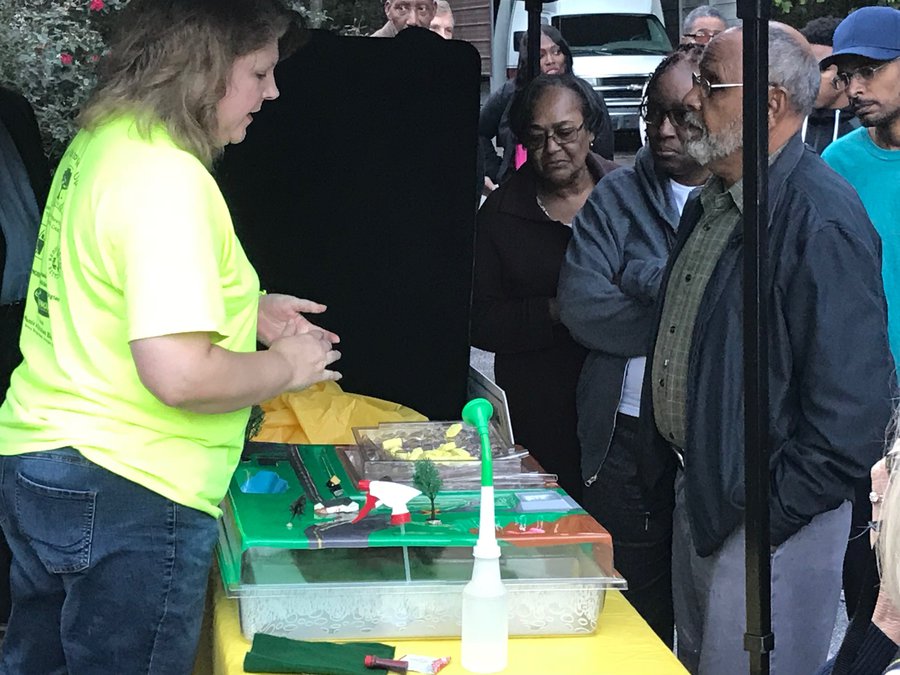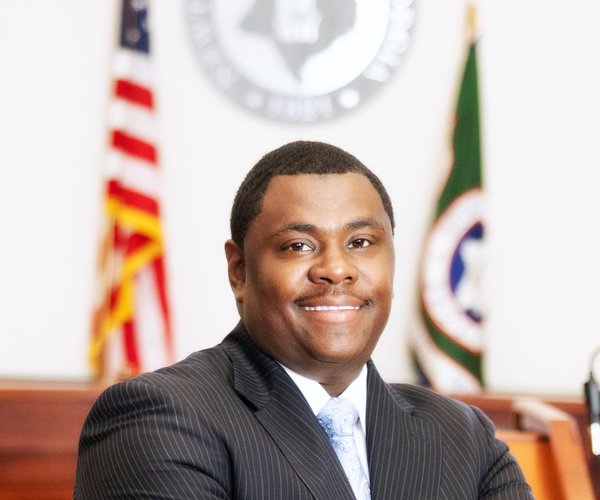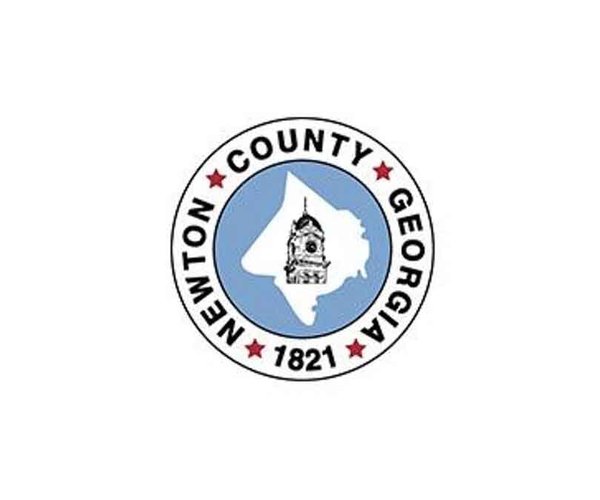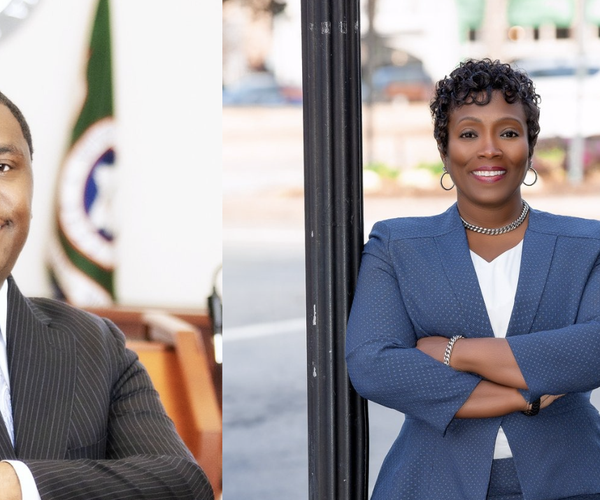COVINGTON, Ga. - Members of the Newton County Board of Commissioners joined with members of the county’s Solid Waste Management Authority and landfill officials Tuesday night to brief members of the historic Spring Hill Community about an improvement project at the landfill slated to start later this month.
Officials brief neighborhood residents about landfill improvement project





